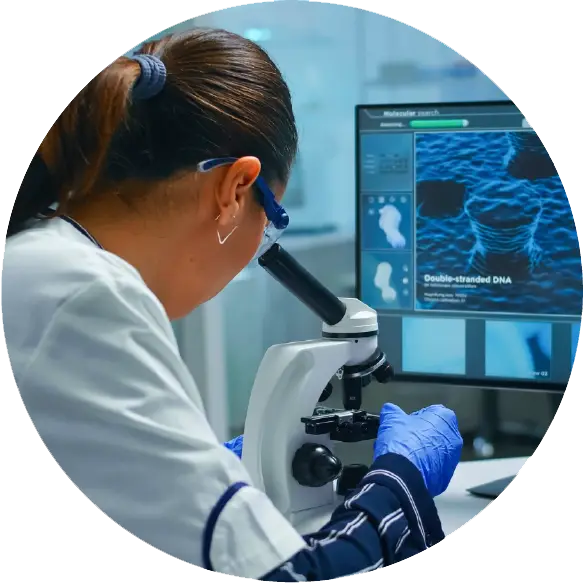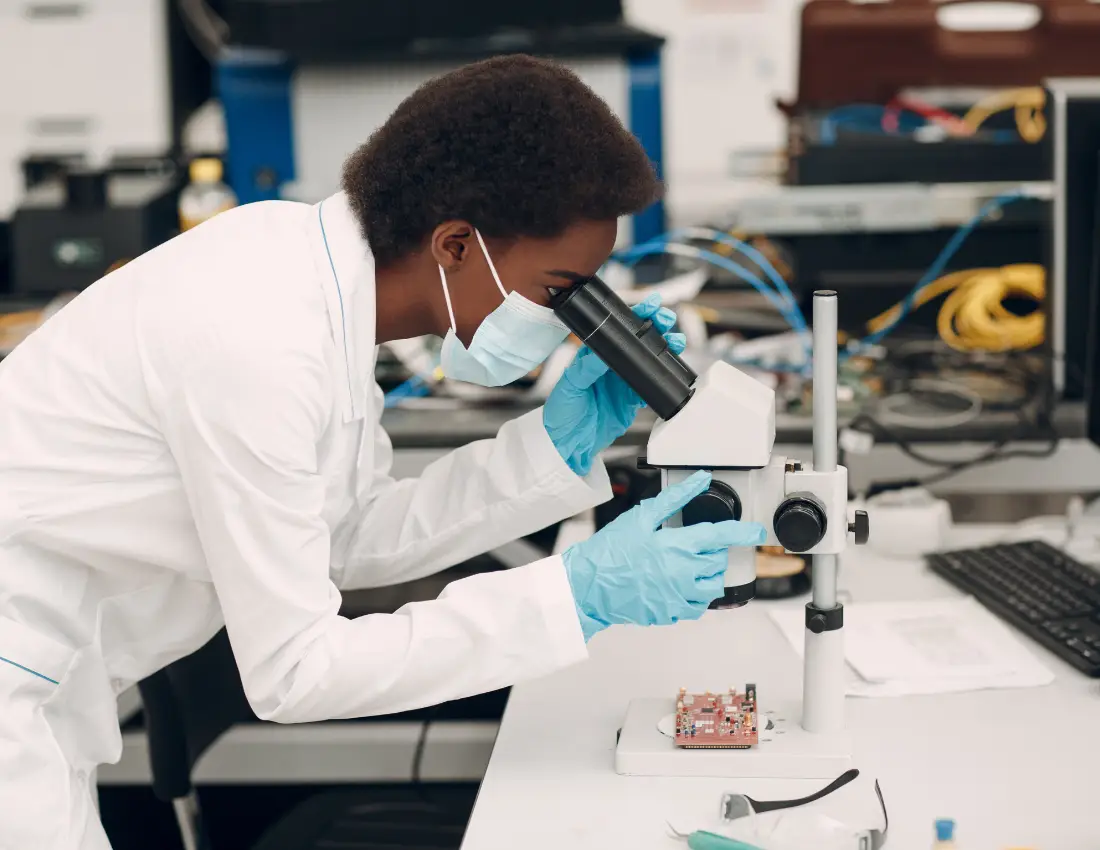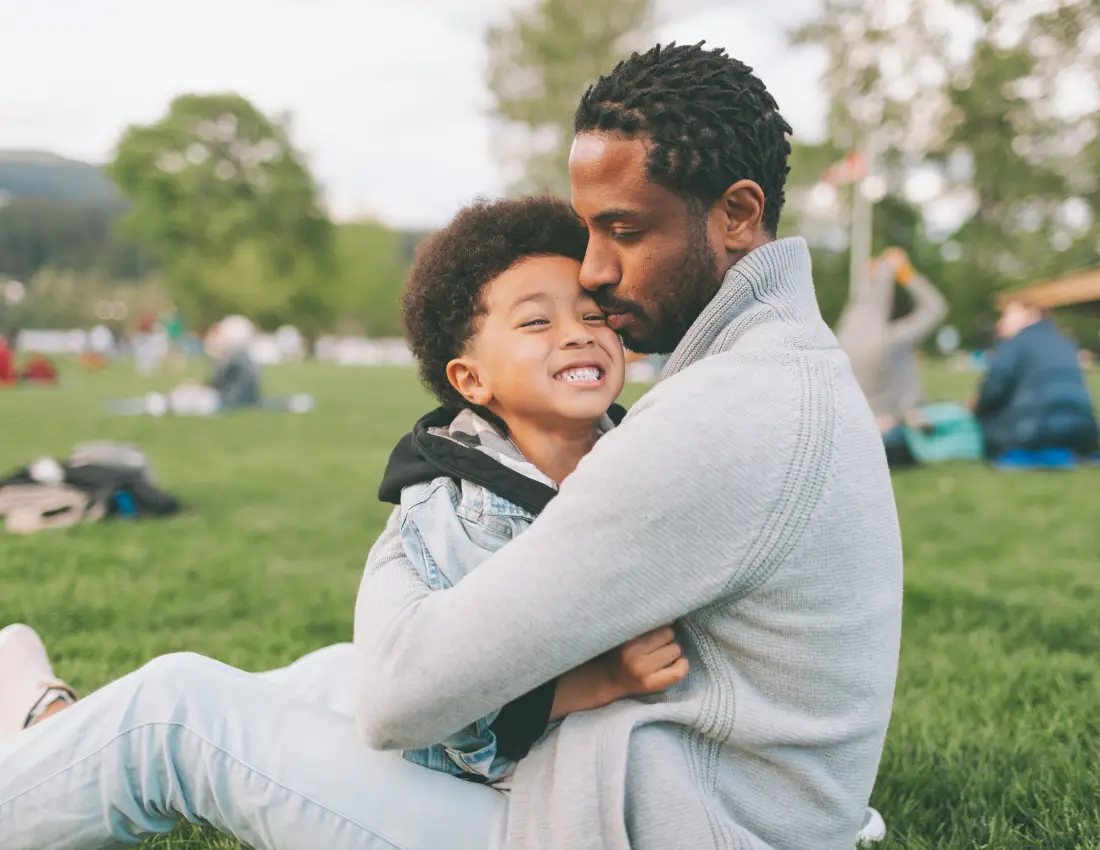MSU FC3 TO LEAD FEASIBILITY STUDY!
Thank you to everyone who has submitted grant applications for this funding opportunity.
NMQF has awarded a grant to the Michigan State University Flint Community Cancer Consortium (FC3) to assess the feasibility of a cancer study in Flint, MI. This project will explore community concerns about cancer rates and environmental factors, helping lay the groundwork for future research and interventions.
For further questions, contact Katherine Chavez at kchavez@nmqf.org


Welcome to the MDHHS Feasibility Assessment for the Flint Cancer Study website! We’ve heard concerns about cancer and pollution in Flint. This project aims to look into these concerns with the help of the community. Our goal is to involve everyone in Flint to see if studying cancer and the environment is possible.
This website shares updates and information about our progress. Whether you live here, care about Flint, or have a stake in its health, we invite you to learn more.
Let’s work together for a healthier Flint. Thanks for joining us!
Click here to find out more about feasibility assessments and other key terms.

The MDHHS Flint Feasibility Assessment for Epidemiology Cancer Study is super important for dealing with health worries after the Flint water problem. This project looks into whether it’s doable to study cancer cases related to the water issues in Flint.
To get involved:
Stay Updated: Keep checking for news and updates about the study so you know what’s happening.
Share Your Thoughts: If you have ideas or experiences that could help the study, tell the people running it.
Join Meetings: Look for chances to go to meetings or events about the study. It’s a good way to talk about what’s going on.
Tell Others: Spread the word about the study to your friends and family. They might want to help out too!
Support Groups: If there are groups trying to make things better in Flint, see if you can help them out. Even just sharing their messages can make a big difference.
By getting involved with the MDHHS Flint Feasibility Assessment for Epidemiology Cancer Study, you’re helping to deal with the health worries caused by the Flint water problem. Your help matters, and together, we can make a difference for the community.

This program is a team effort involving different groups, including the Flint community, to deal with ongoing environmental worries. By focusing on involving the community, using good science, and communicating well, the program aims to make real progress toward figuring out if future studies on cancer and the environment are possible based on a final report.
The main goals of this program are:
Finding out what questions are most important to the people of Flint, including what they’re worried about when it comes to exposures and pollution sources.
Getting the people of Flint involved in the research, making sure they’re actively taking part and their voices are heard throughout the process.
Doing a careful check to see if it’s possible and okay to do a study on how the environment might be linked to cancer in the area.
Looking at the information we already have about the environment, differences in health, and what might be putting certain groups at a higher risk for cancer, especially focusing on how this affects minority communities.
Making a research plan that listens to the community, is clear and includes everyone, and is sensitive to the special situation in Flint.
We invite you to get involved and make a difference! Here’s how you can contribute:
- Volunteer with us at upcoming events.
- Help spread the word by sharing our posts on social media.
- Join our mailing list to stay informed about project milestones, events, and other ways to participate.
Let us know how you’d like to get involved by filling out the text box below. Be sure to include the best way for us to reach you—we’re excited to connect!
Lorem ipsum dolor sit amet, consectetur adipiscing elit. Ut elit tellus, luctus nec ullamcorper mattis, pulvinar dapibus leo.
"*" indicates required fields
